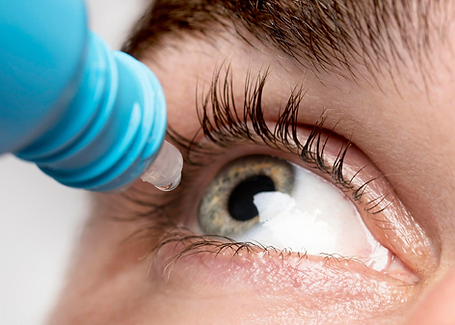top of page


Take Charge of Your Eye Health Today!
At Swan Vision, our dedicated team is equipped to diagnose and treat a wide range of ocular diseases. Regular eye exams are essential for early detection, which can prevent further complications and help maintain your vision. We utilize advanced diagnostic tools and treatment plans to address each patient’s unique needs and conditions.
Ocular Conditions We Diagnose and Treat:
- 01
- 02
- 03
bottom of page
_jfif.jpg)
